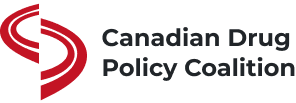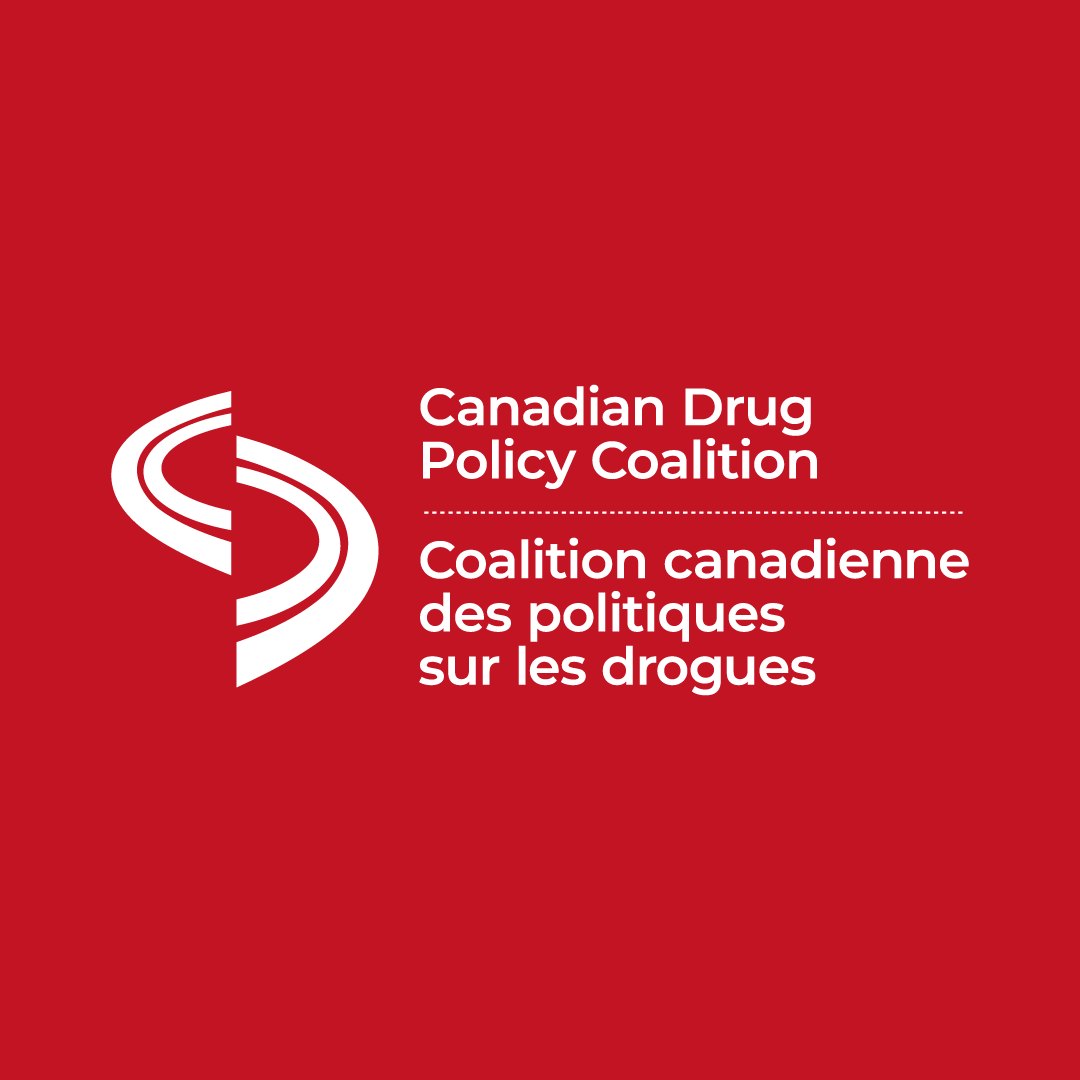Bad drug policy hurts workers. You’d be hard-pressed to find somebody in this country whose community hasn’t been affected by the drug poisoning crisis.
That’s why it’s so important when labour unions take a stand on drug policy.
There’s momentum building in the labour movement to protect workers and their communities from the unregulated drug supply that causes so much harm. In the last year, we’ve seen unions pass unanimous and near-unanimous resolutions at conventions declaring their support for safe supply, decrying involuntary treatment and demanding regulation for the treatment industry.
We would like to thank these unions for their leadership, passing resolutions on drug policy:
- BC Federation of Labour – Click here to see full resolution text
- Canadian Union of Public Employees BC – Click here to see full resolution text
- BC Nurses Union – Click here to see full resolution text
If you’re a union member and your union isn’t on this list, you can organize your fellow workers. Reach out to [email protected] for more information.
For more than a hundred years, the labour movement has been a driving force for social and economic change in this country. Whether it be childcare, healthcare, workplace safety or environmental protection, with the strength of hundreds of thousands of members, union power can propel massive shifts toward more equitable, safer communities. Labour and organized workers can play a key role in work to end the drug war and reinvest in our communities.
Together we say: No More Drug War on the Shop Floor!



